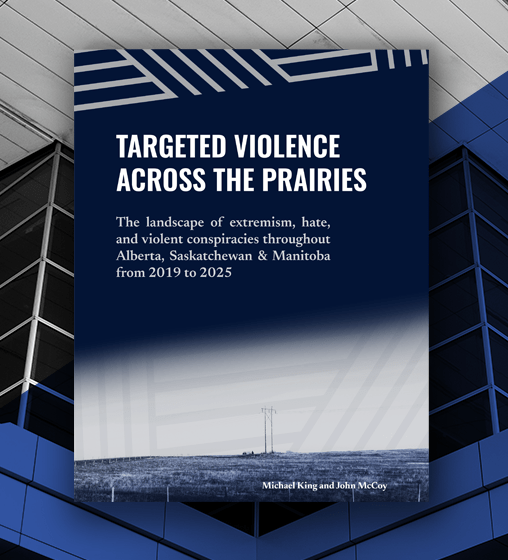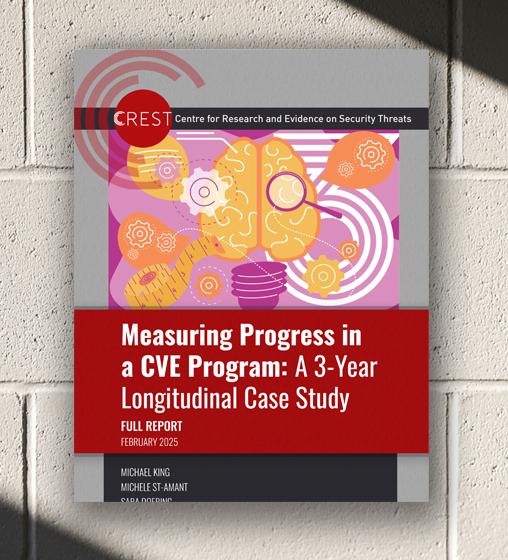This article from Jonny Wakefield of the Edmonton Journal, covers the release of our latest publication, Hate, Extremism, & Terrorism in Alberta, Canada, & Beyond.
Original Article
Published by Jonny Wakefield in the Edmonton Journal on September 3, 2022
Those most at risk of committing hate-based violence are less likely to be members of a formal “group” than they were three years ago, an Edmonton-based research team has found.
On Wednesday, the Organization for the Prevention of Violence released its second report on extremist movements — a follow-up to a 2019 report on hate and extremist groups in Canada, with a focus on Alberta.
“Those individuals did not do well the past few years. The social isolation only worsened, the mental health worsened, and the trauma was always there.”He said part of the shift to “salad bar” extremism has been driven by the relative ease with which formal groups have been infiltrated by law enforcement.Now, “it’s not easy to monitor them through their affiliations,” McCoy said. “It becomes very difficult to say this person is a legitimate threat, and this (other) person needs a social care response, this person needs law enforcement intervention and arrest, and this individual needs counselling.”The full report is available at preventviolence.cajwakefield@postmedia.comtwitter.com/jonnywakefield
Jonny Wakefield. “‘Salad bar extremism’: Edmonton researchers release second report on violent extremist movements.” Edmonton Journal, 3 September 2022



